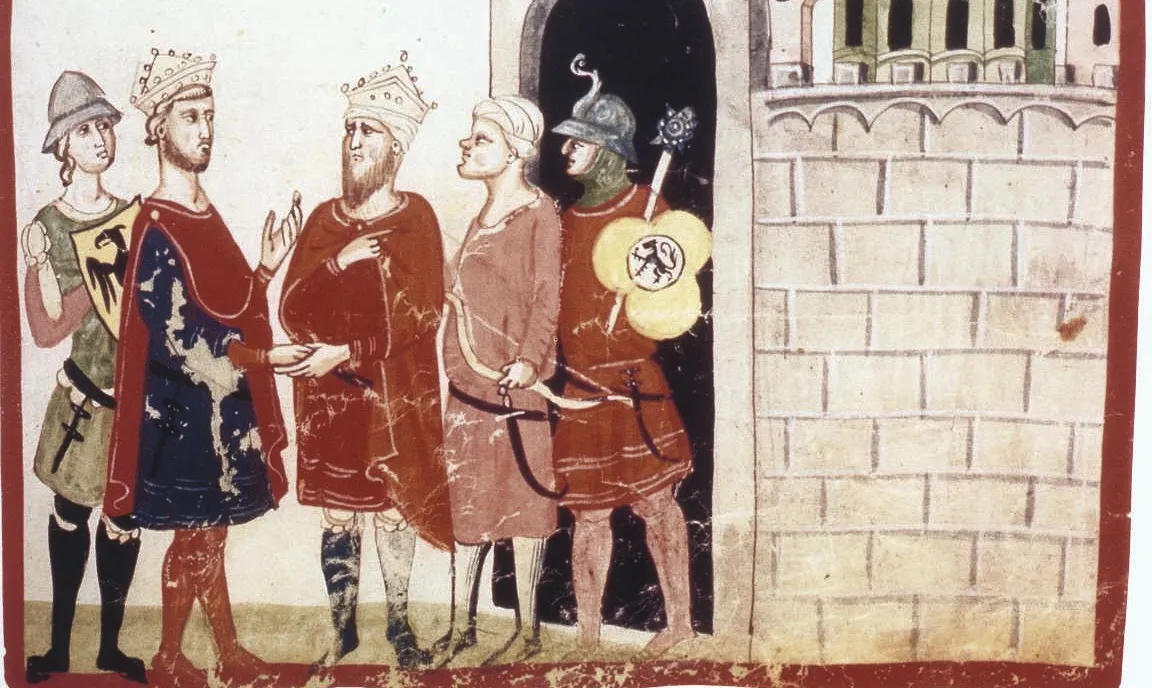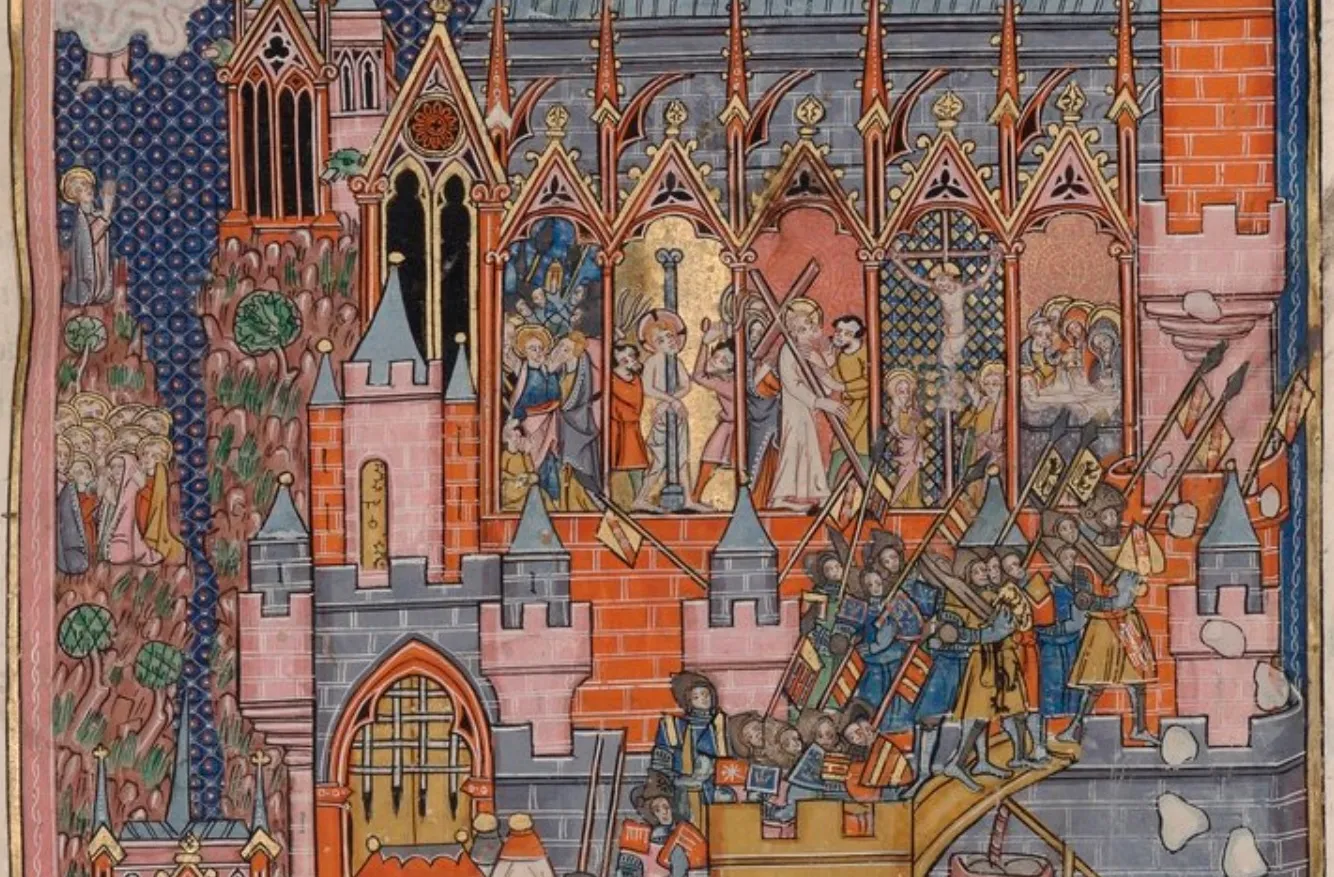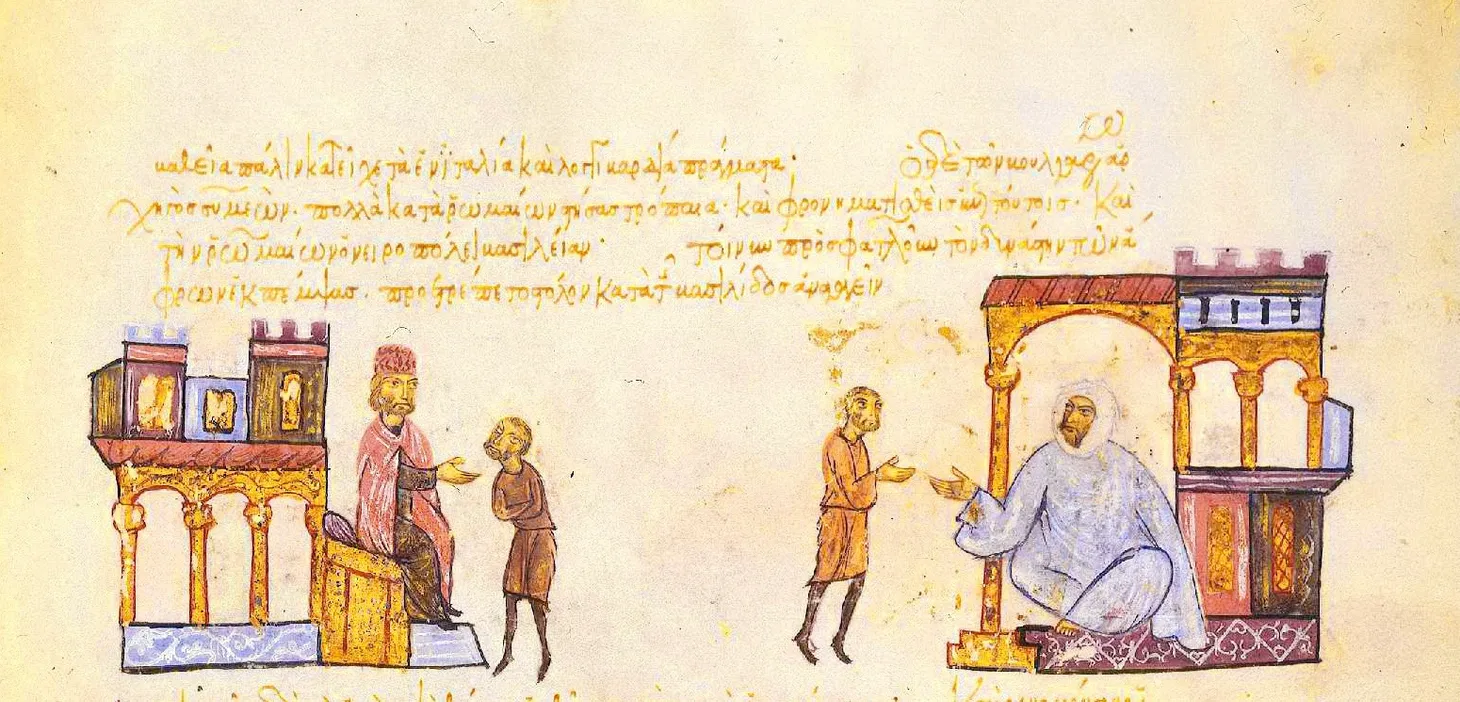“Fighting Side by Side”: Competing Global Visions and the Great War, 1914-1918
A discussion of how we can teach a more global First World War and integrate critiques of the war.
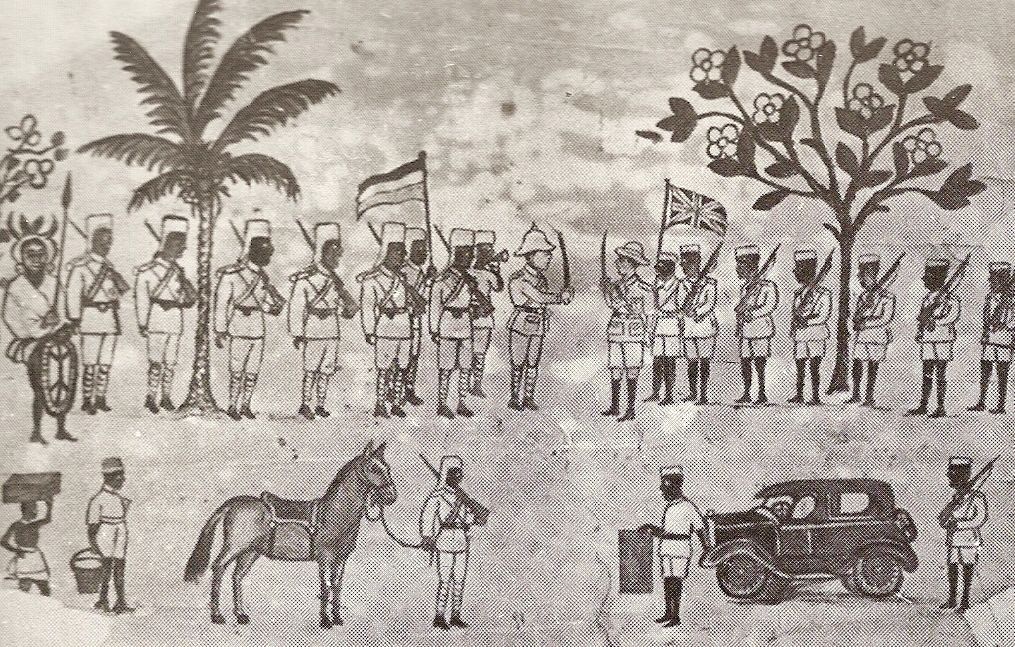
In Monday’s post, I introduced the theme of competing global visions as a way to frame the twentieth century. By adopting a deliberately broad theme, we can escape some traditional Eurocentric approaches to teaching the history of the twentieth century. A classic example of a Eurocentric approach is focusing on the Western Front and trench warfare when teaching about the Great War. When I began teaching world history, I remember getting caught up in teaching students the intricacies of trench warfare. I have even seen teachers who celebrate turning trench warfare into a game to be simulated in the classroom.
The most anticipated SS lesson of the year! Mr. Bestine and Miss Fabrizi help students understand WWI Trench Warfare tactics and strategies through an engaging simulation. #BMSPride pic.twitter.com/rHfDrOLi9u
— Ashley John Grillo (@AshleyJGrillo) February 15, 2018
Instead of treating the First World War as a primarily Western European war, we can reframe the Great War as a truly world war. We can help students see how the war was fought not just by European nations but by competing empires. This framing of the war allows us to integrate the experiences of Africans and Asians into our narrative of the war. We also can resist the tendency to treat wars as having been accepted by people living at the time by highlighting how women questioned and challenged the Great War.
Globalizing the Great War
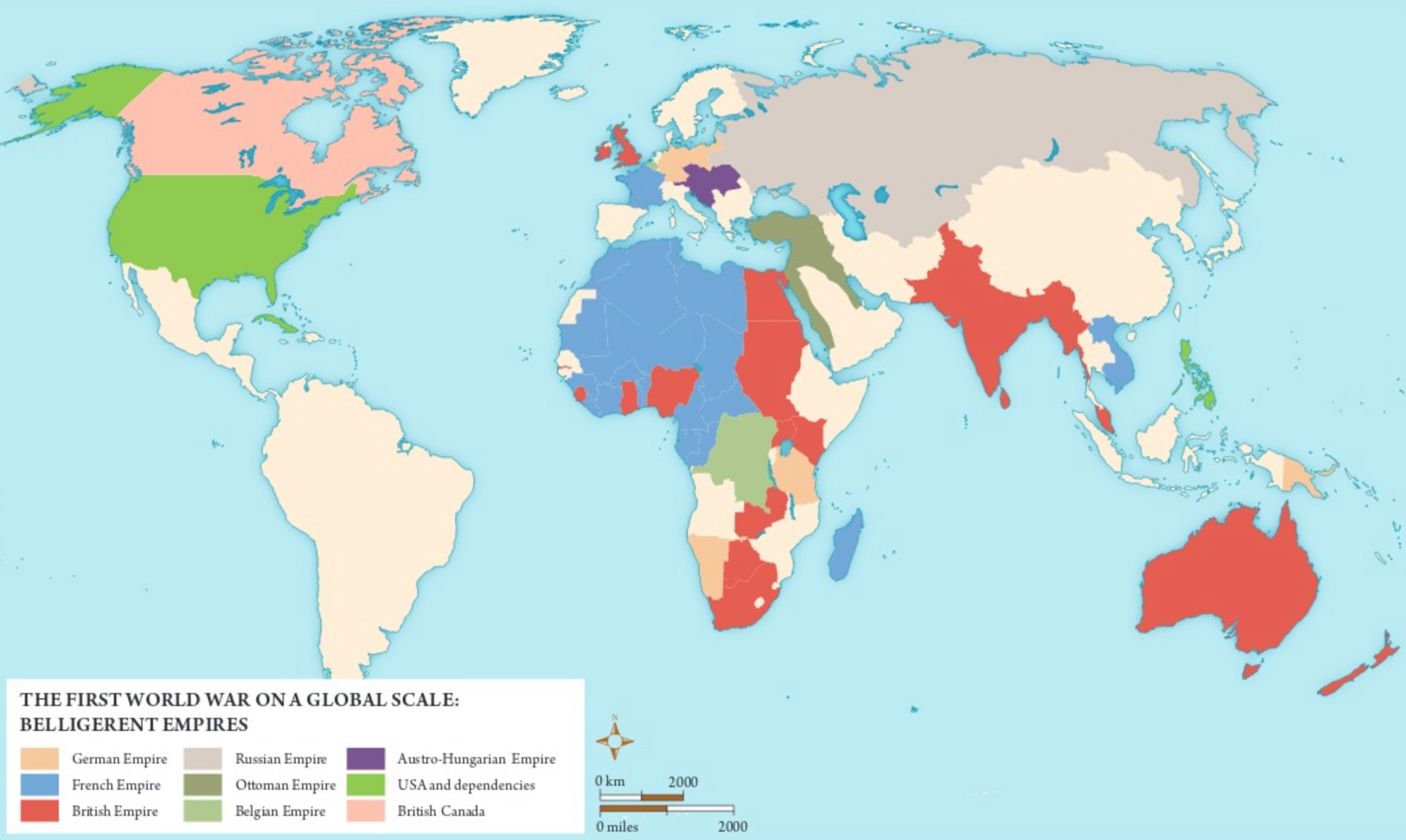
This content is for Paid Members
Unlock full access to Liberating Narratives and see the entire library of members-only content.
SubscribeAlready have an account? Log in

